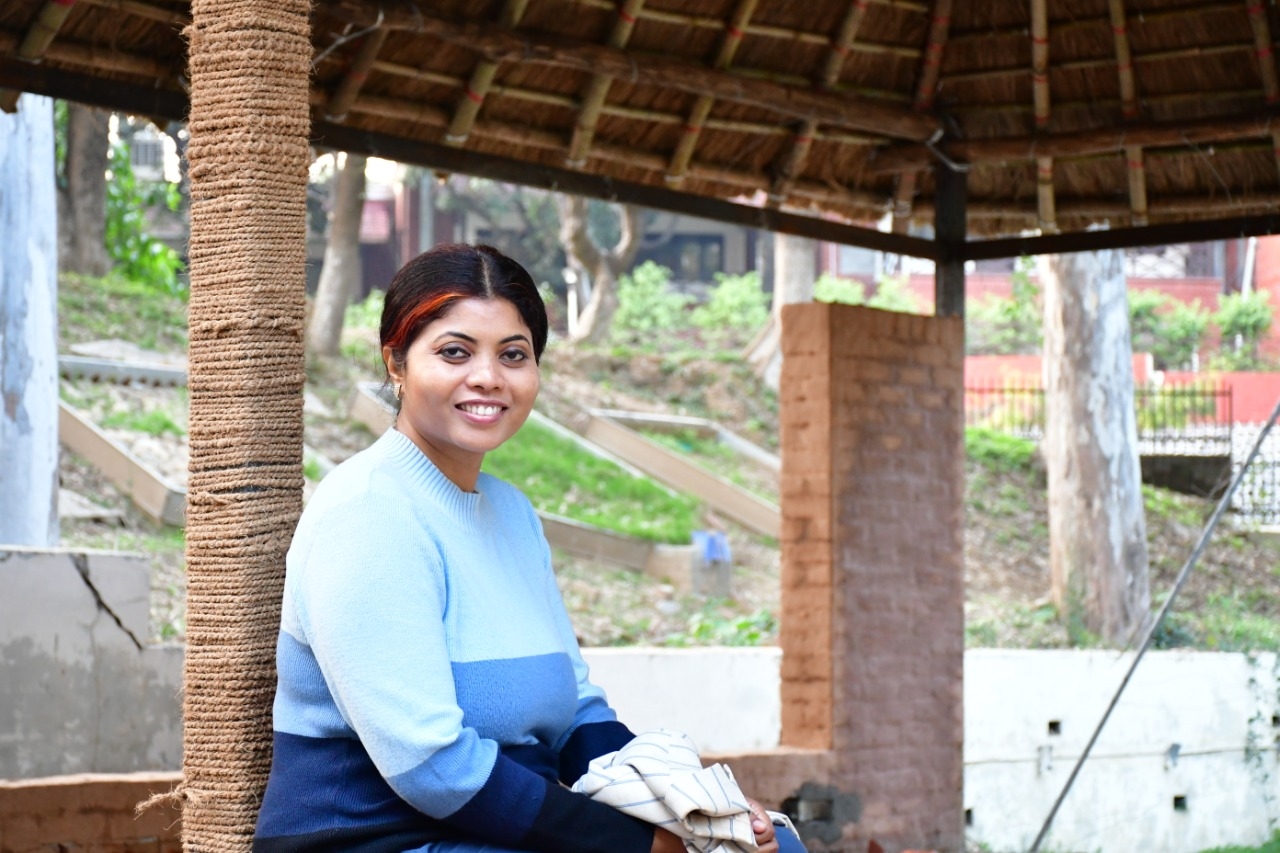
Harshit Sosan Lakra
Roorkee, Uttarakhand| Grant Category: | Fulbright-Nehru Postdoctoral Research Fellowships |
| Project Title: | Contextualizing impact of co-planning, co-designing and co-learning on Indigenous People, classroom learning and stakeholders in India and USA from the perspective of housing, culture and environment |
| Field of Study: | Urban and Regional Planning |
| Home Institution: | Indian Institute of Technology (IIT) Roorkee, Orlando, FL |
| Host Institution: | University of Central Florida |
| Grant Start Month: | March,2024 |
| Duration of Grant: | Twenty-four-months |
Brief Bio:
Dr. Harshit Sosan Lakra, a proud Oraon tribe woman from India, serves as assistant professor in the Department of Architecture and Planning and joint faculty at the Centre for Indian Knowledge Systems at IIT Roorkee. She holds a bachelor’s degree in architecture from MANIT, Bhopal and a master’s degree in environmental planning from CEPT, Ahmedabad. Dr. Lakra was a FORD Foundation International fellow, which enabled her to pursue her second master’s in urban and regional planning from Cornell University in 2009, with a focus on international studies in planning. At Cornell University, she won the Cornell Urban Scholarship award and the Graduate Research Scholarship award. She completed her doctoral research at IIT Roorkee in 2019. In 2023, Dr, Lakra was selected as a Himalayan University Consortium fellow through which she co-leads a workgroup and collaborates with women leaders from Afghanistan, Pakistan, Bhutan, and Bangladesh.
Dr. Lakra is leading national and international projects focusing on Tribal Human Development Index (HDI), adaptation of indigenous and local knowledge systems, and Fintech Solutions for comprehensive tribal development in Chhattisgarh, along with GoAL (gender-orientated adaptive learning) for climate change and disaster risk resilience in India, Nepal, Sri Lanka, and Japan, indicating her interdisciplinary interest.
As a Fulbright-Nehru Postdoctoral Research fellow, Dr. Lakra intends to create a platform for discourse, co- and cross-learning on housing, culture, and environment at different scales and connect students, stakeholders, and indigenous communities from India and the U.S. The project will bring diverse understanding and experiences, especially for the domain and community that is less researched.